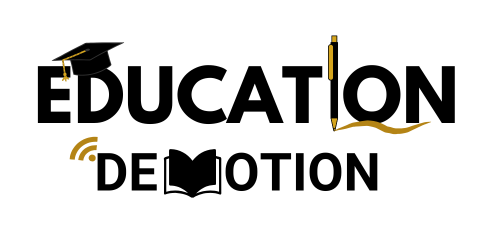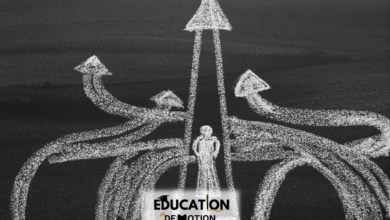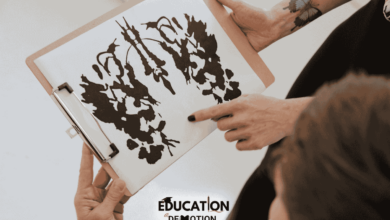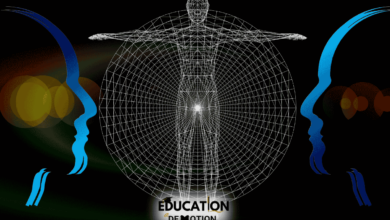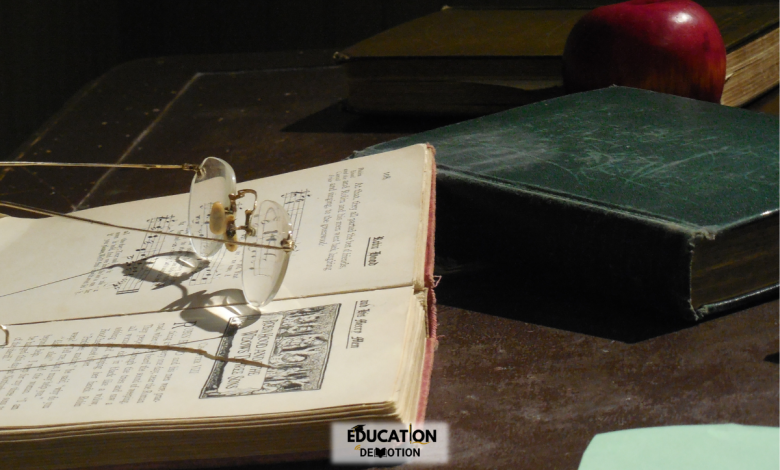
It is not always easy to make the proper choice in a world full of unknowns. An educated guess, on the other hand, can help close the gap between naive assumptions and complete certainty. An educated guess, as opposed to a random one, is based on experience, reasoning, and the information at hand to arrive at a logical conclusion.
However, how does it operate? What makes it so beneficial in both personal and professional spheres? Let’s take a closer look at the idea.
What Is an Educated Guess?
A well-reasoned estimate supported by facts, past knowledge, and sound reasoning is called an educated guess. It’s a well-thought-out prediction that raises the likelihood of correctness rather than a rash assumption.
For example, before test results are available, clinicians frequently diagnose symptoms based on informed estimates. In a similar vein, investors forecast stock movements by using market patterns.
Key Characteristics of an Educated Guess
- Based on relevant data
- Supported by logical reasoning
- More reliable than a random guess
- Used when complete information is unavailable
Why an Educated Guess Matters
1. Enhances Decision-Making
When faced with incomplete information, an educated guess helps in making informed choices. Instead of freezing in uncertainty, you use available clues to move forward.
2. Saves Time and Resources
Waiting for 100% certainty can delay progress. By making a logical estimate, businesses and individuals act faster without unnecessary hesitation.
3. Reduces Risk
While not foolproof, an educated guess minimizes risk compared to random decisions. It’s a strategic approach that balances intuition and analysis.
How to Make an Educated Guess
1. Gather Relevant Information
Start by collecting available data. The more facts you have, the stronger your prediction will be.
2. Analyze Past Experiences
Historical trends and personal experiences provide valuable insights. For example, marketers predict campaign success based on past performance.
3. Use Logical Reasoning
Avoid emotional bias. Instead, rely on critical thinking to weigh pros and cons objectively.
4. Consider Probabilities
Assign likelihoods to different outcomes. This helps in assessing which holds the highest chance of success.
Examples of Educated Guesses in Real Life
1. Business Forecasting
Companies predict sales trends using market analysis, ensuring better inventory management.
2. Medical Diagnoses
Doctors analyze symptoms and medical history to form preliminary diagnoses before lab tests confirm them.
3. Weather Predictions
Meteorologists use historical weather patterns and satellite data to forecast conditions.
Common Mistakes to Avoid
1. Overconfidence in Guesswork
Even the best educated guess isn’t guaranteed. Stay open to adjustments as new information emerges.
2. Ignoring Contradictory Evidence
A strong prediction considers all angles, not just supporting data.
3. Relying Solely on Intuition
While gut feelings help, they should complement—not replace—logical analysis.
Conclusion
It is a powerful tool in decision-making, blending knowledge and reasoning to navigate uncertainty. Whether in business, science, or daily life, making informed estimates leads to better outcomes.By refining your ability to make educated guesses, you enhance problem-solving skills and reduce reliance on pure chance. So next time you face ambiguity, trust the process gather data, analyze trends, and make your best calculated prediction.
